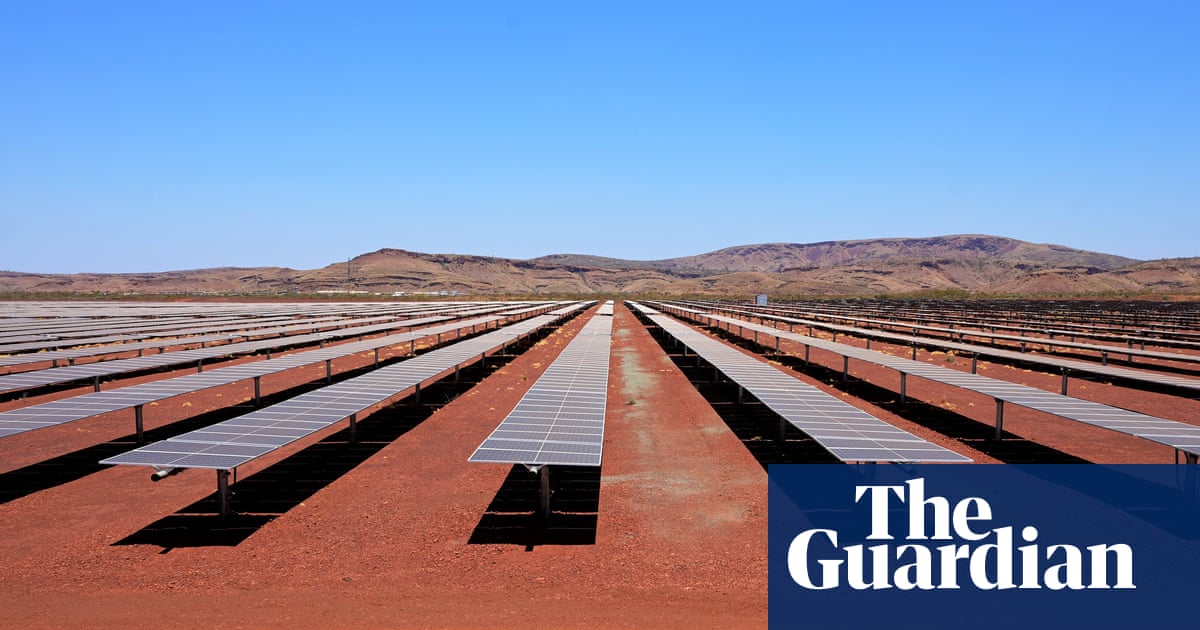An activist investor in Rio Tinto has demanded the miner scrap its primary London listing and focus on Australia, as the FTSE 100 firm outlined its long-term investment strategy.
Palliser Capital called on the metals and minerals firm to drop its “outdated” dual listing structure across the London and Sydney financial markets.
The UK-based hedge fund, which has a stake of about $250m (£197m) in Rio Tinto, has called for it to follow rival BHP, which moved its primary listing to Sydney in 2022.
Australian investment firm Blackwattle Investment Partners has also backed the plans to unify around a main listing in Sydney, according to the Financial Times.
Rio Tinto shares would still trade in London under Palliser’s plans, but as part of a secondary listing.
It comes amid a period of pressure for the London markets, with a raft of other firms, including travel company Tui and Paddy Power owner Flutter, shifting their main listings overseas in recent years.
The fresh demands came as the boss of Rio Tinto said at its investment day in London that the company has a “clear plan for a decade of profitable growth”.
The company also said it is on track to produce significantly more copper next year as part of its latest production forecasts.
Rio Tinto told shareholders it expects copper production of 780,000-850,000 tonnes in 2025, compared with 660,000-720,000 tons expected this year.
It said it is being boosted by strong production at its Oyu Tolgoi operation in Mongolia and hopes for one million tons by 2030 as part of its growth plans.
Chief executive Jakob Stausholm said: “We have all the building blocks we need to become a global leader in energy transition materials, and we have a clear plan for a decade of profitable growth.
“We are executing our strategy of delivering a stronger, more diversified, and growing business, underpinned by our belief in the demand for materials which are essential for the global energy transition.
“With improved performance we can afford both growth and our decarbonisation, and continue our dividend policy and practice while preserving a strong balance sheet.”

